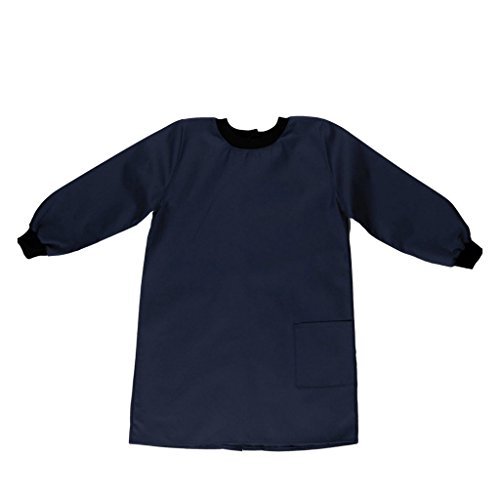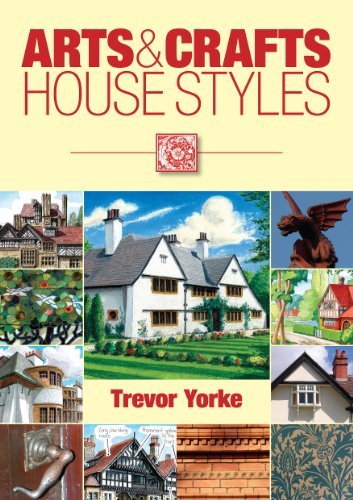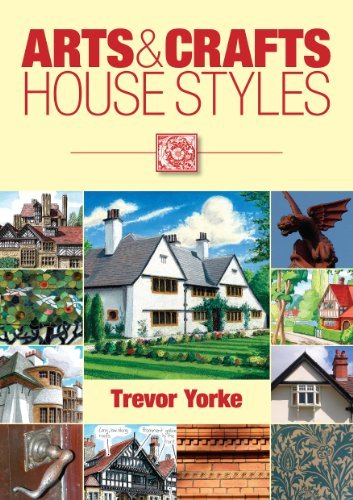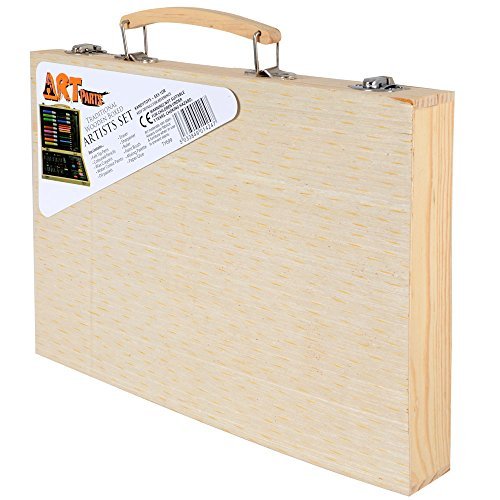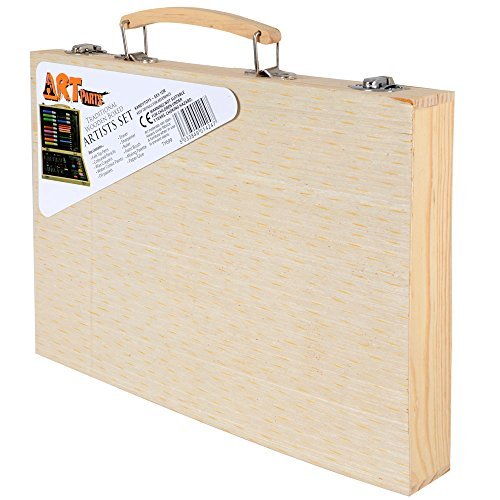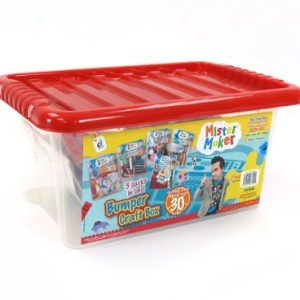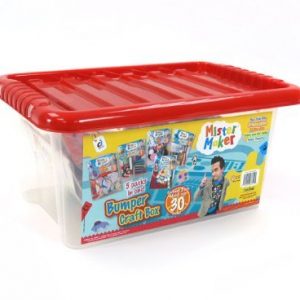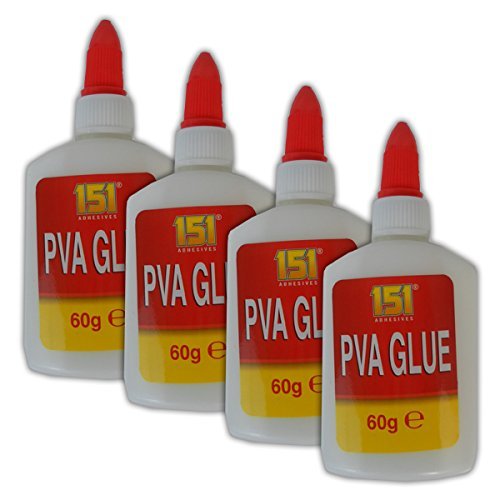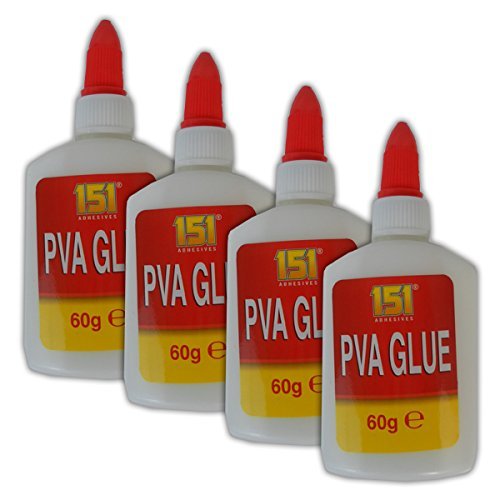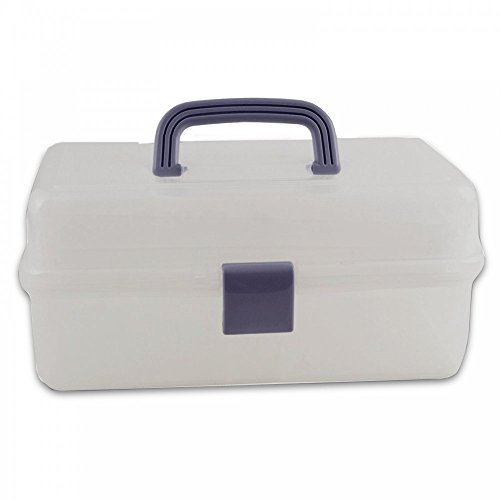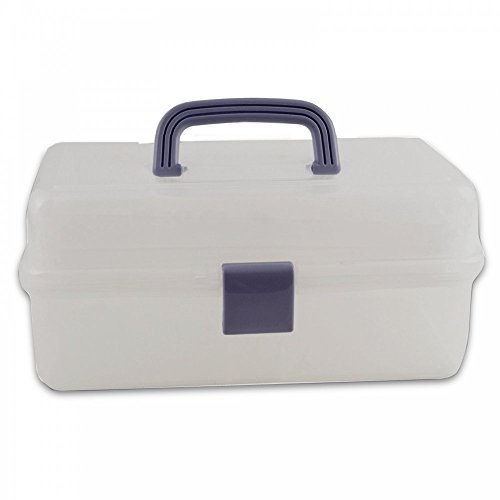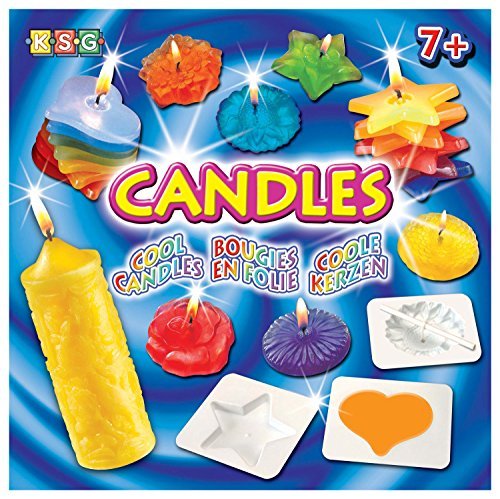Description
The Arts & Crafts movement began as an instinctive reaction to the new Industrial Age. Seeking a return to simple craftsmanship, with traditional materials, its influence spread both to Europe and North America, where the term ‘craftsman’ denoted a traditional style of architecture and interior design prevalent before the 1920s. In England the Arts & Crafts influence upon house building was far-reaching between 1870 and 1914. This was not least because its cosmetic (rather than ethical) details were copied by commercial builders. The result was some superb buildings by key architects like Norman Shaw and Voysey, but also a significant number of others ranging from simple terraces to the finest detached houses of the period. Using both illustrations and photographs, Trevor Yorke shows the distinctive features of genuine Arts & Crafts homes. These range from wide-arched porches, elongated mullioned windows and sloping buttresses, to terracotta plaques, decorative ironwork and patterned bargeboards. There are also chapters on the use of interior space and on the furnishings and fittings which characterised Arts & Crafts house interiors, including examples of furniture, wallpapers, fabrics, door handles, hinges and light fittings. This is the perfect book for those who want to learn more about the simplicity and elegance of the Arts & Crafts style.

